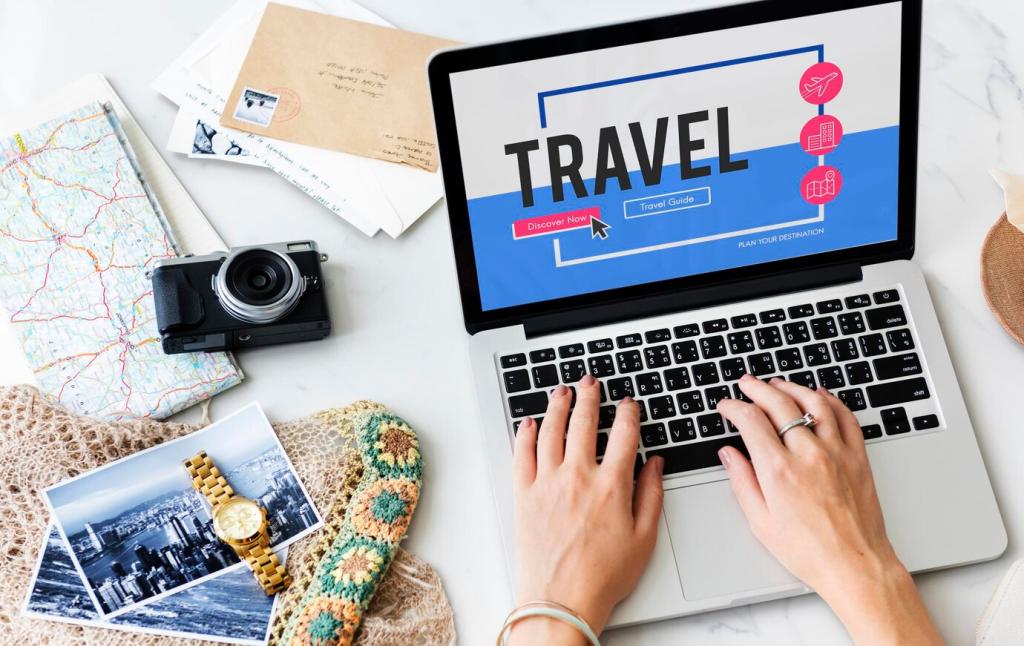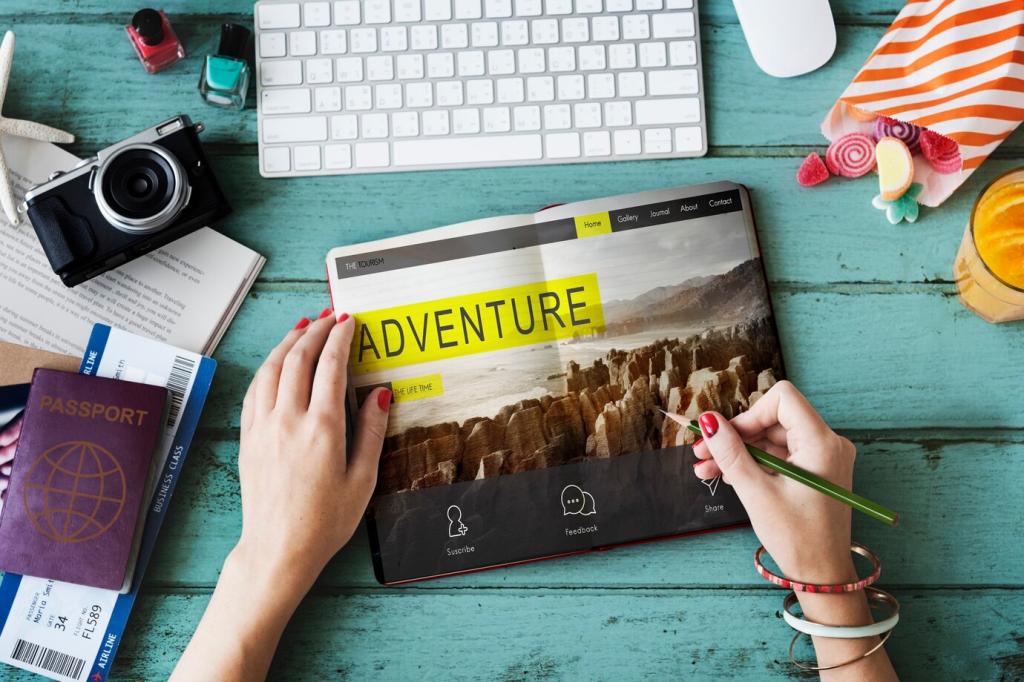
Community Engagement in Travel: Connect, Contribute, and Grow
Chosen theme: Community Engagement in Travel. Welcome to a home base for travelers who believe journeys become meaningful when communities lead, voices are heard, and impact continues after the suitcase is unpacked. Join the conversation, subscribe for field notes, and help steer future stories with your lived experiences.


Why Community Engagement Enriches Every Journey
Done right, community engagement balances traveler curiosity with local priorities. Instead of consuming culture, we co-create value: fair pay, shared decision-making, and knowledge that circulates within neighborhoods. Your itinerary gains meaning when the community’s calendar and consent set the rhythm.
Why Community Engagement Enriches Every Journey
One dawn, we joined fishers and students at a small cove. Between plastic scraps and drifting seaweed, stories surfaced about mangrove restoration and new waste stations. Later, over pandesal, the barangay captain asked us to return—not with donations, but with listening ears.
Finding Authentic, Community-Led Experiences
Before booking, scan local forums, community pages, and co-op networks. Read impact statements written by residents, not just marketing copy. When possible, message organizers to ask how decisions are made and who benefits. The goal is alignment, not efficiency at the expense of dignity.
Look for local ownership stakes, transparent wages, capacity-building, and clear cultural protocols. Programs that cap group sizes and prioritize neighborhood rhythms typically protect community well-being. If a project celebrates rest days, language lessons, and knowledge exchange, you’re likely witnessing true partnership, not performative access.
Map three initiatives within your next destination that are run by collectives, youth groups, or cooperatives. Email each with a short introduction, your interests, and skills you could share. Tell us which replied and why you chose them, so we can spotlight effective outreach.

Responsible Volunteering, Not Voluntourism
Lead with Skills and Humility
Offer skills that communities request and organizations can supervise, from translation to data entry to marketing support. Arrive ready to learn workflows already in place. Humility looks like shadowing, asking permission, and documenting processes so local teams can iterate long after you depart.
Questions Before You Commit
Who defines success? How are locals compensated or credited? What training do volunteers receive? Are background checks, safeguarding, and child protection policies enforced? If your role replaces paid local work, reconsider. Share the questions you ask agencies before committing, so others can adapt them.
Case Note: Community Garden in Lisbon
A neighborhood association needed help mapping harvest data, not extra hands weeding beds. Volunteers built a simple spreadsheet, trained gardeners to update it, and documented everything in Portuguese. Months later, yields improved, and the team proudly presented their own graphs at a town meeting.
Language, Stories, and the Art of Showing Up
01
Learn Ten Words, Gain a Hundred Smiles
Commit to key phrases for greetings, gratitude, and polite refusal. Practice names of foods, places, and community roles. Mispronunciations are fine when paired with respect and curiosity. Those efforts tell hosts you value their world enough to meet in their language first.
02
Listening Circles and Tea Tables
In a village in the Atlas Mountains, conversation unfurled over mint tea and pauses. We learned not to rush silence; it held context about water, seasons, and weddings. Offer your story only after listening, and invite residents to decide what gets recorded or shared.
03
Tech That Bridges, Not Replaces
Use translation apps offline, but confirm meanings with a smile and a gesture. Let tech assist, while real relationships lead. When documenting oral histories, secure consent twice: before recording and before publishing. Comment with tools you trust that prioritize privacy and community data sovereignty.
From Souvenir to Solidarity
Shift spending toward cooperatives and artisans who set their prices. If you share photos, tag creators rather than just locations. Commission follow-up work, order refills, and credit sources publicly. These small choices sustain livelihoods and keep stories traveling ethically alongside you.
Measure What Matters
Track outcomes communities prioritize: hours of local training delivered, increased ownership, reduced waste, safer spaces for youth. Numbers should inform, not dominate. Ask partners what metrics help them secure funding or policy support, then offer to structure updates that ease their reporting burden.
Stay Connected with Care
Check in on agreed schedules, not constantly. Share opportunities that align with community goals, and avoid promises you cannot keep. Transparently close loops if you must step back. Tell us how you maintain healthy boundaries while remaining an attentive, reliable ally from afar.

Choose hands-on projects led by youth clubs—beach cleanups, story swaps, mural days—where local and visiting kids collaborate. Build in play and shared snacks. Keep timelines short, roles clear, and adults supportive rather than directive. Ask hosts what outcomes would feel joyful and useful.

